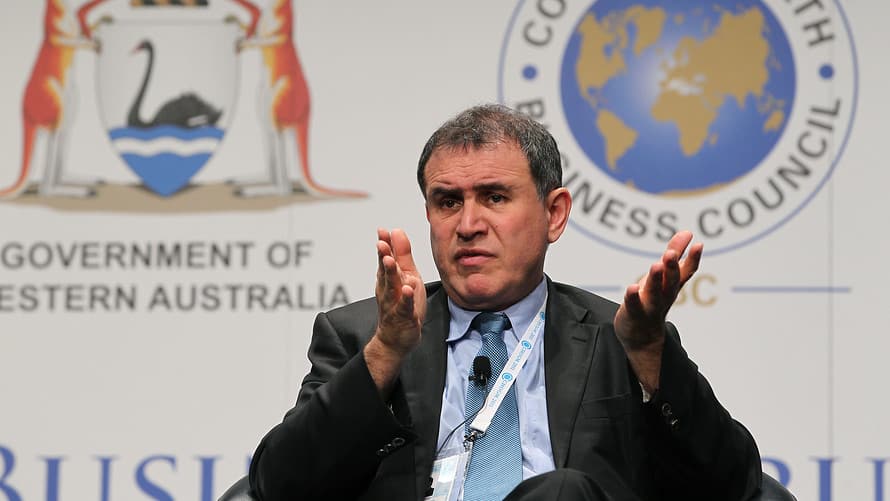
The head actuaries for Social Security and Medicare have testified before a House committee about looming financial challenges which could see funds run short by 2035.
Social Security relies on its trust funds to provide monthly benefit checks to around 70 million Americans.
But an aging population is pushing up the cost of the program as a smaller share of people are paying into it, and spending is outpacing income.
This means that if the funding gap is not resolved by Congress, future beneficiaries could receive $325 less per month. Medicare is also projected to run dry in 2036.
House Budget Committee chairman Jodey Arrington, R-Texas, said in his opening remarks on Thursday: ‘My prayer is we unite – not as Republicans, not as Democrats – but as Americans.
‘I won’t get everything I want to solve it probably, they probably won’t get everything they want, but we must do it or there will be an automatic cut.’
Trustees for Social Security released a report earlier this year which found that the program will only be able to pay out full benefits for the next 11 years.
Although this was one year later than previous estimates, bosses still urged Congress to take steps to ‘extend the financial health of the Trust Fund into the foreseeable future.’
When the trust funds are depleted, programs are only able to pay out what they receive through incoming payroll tax. Under current law, this means that benefits are automatically slashed.
Social Security’s Old-Age and Survivors Insurance (OASI) trust fund is expected to be depleted in 2033, when just 79 percent of scheduled benefits would be payable, Fox Business reported.
When this is merged with the Disability Insurance (DI) fund, the date shifts to 2035 and only 83 percent of benefits would be payable.
Based on the average $1,907 monthly benefit as of January this year, a 17 percent cut would mean beneficiaries are paid $325 less a month, or $3,900 less a year.
This could be significant for millions of disabled Americans, and those who rely on Social Security as their sole income in retirement.
The Medicare Health Insurance (HI) trust fund, meanwhile, which covers care after hospital stays, is projected to run dry in 2036, when 89 percent of benefits would be payable.
Stephen Goss, chief actuary for the Social Security Administration, said during the House Budget Committee hearing that lawmakers from both sides have suggested policies aimed at solving the programs’ financial woes.
Republicans have suggested the retirement age be raised, while Democrats have offered increasing the cap on payroll taxes as a potential solution.
He said: ‘Because of many, many members of Congress putting forth proposals for affecting Social Security, we have a large list of provisions and proposals up on our website to sort of look at and choose from.
‘A commission that would look through all of those possibilities and come to a consensus would be a really good thing.’
Ranking Member Brendan Boyle, D-Pa., stressed in his opening remarks of the need for reforms in order to shore up these safety nets for Americans in the future.
‘I believe deeply in Social Security and Medicare and what they represent even beyond the paychecks, what they say to the American people is that we have a basic commitment to all of those who are in our society that we are going to take care of you when you need it,’ he said.
‘Congress must ensure that these programs have the resources to continue paying full benefits,’ he added.
The uncertain path of Social Security has been a concern for many – in particular those who are close to retirement age.
In what has been dubbed the ‘silver tsunami,’ around 4.1 million Americans are due to turn 65 in 2024, and every year through 2027, according to a report from the Alliance for Lifetime Income.
Some experts are warning that politicians are running away from the problem rather than trying to fix it – and it is crucial that they act now.
Maya MacGuineas, president of the Committee for a Responsible Federal Budget, said earlier this year: ‘We’re driving straight into this mess despite all the warning bells and alarms that the Trustees and others have been ringing for decades now.
‘Every year we get closer to the deadline, we seem to get further away from the solutions.’
























